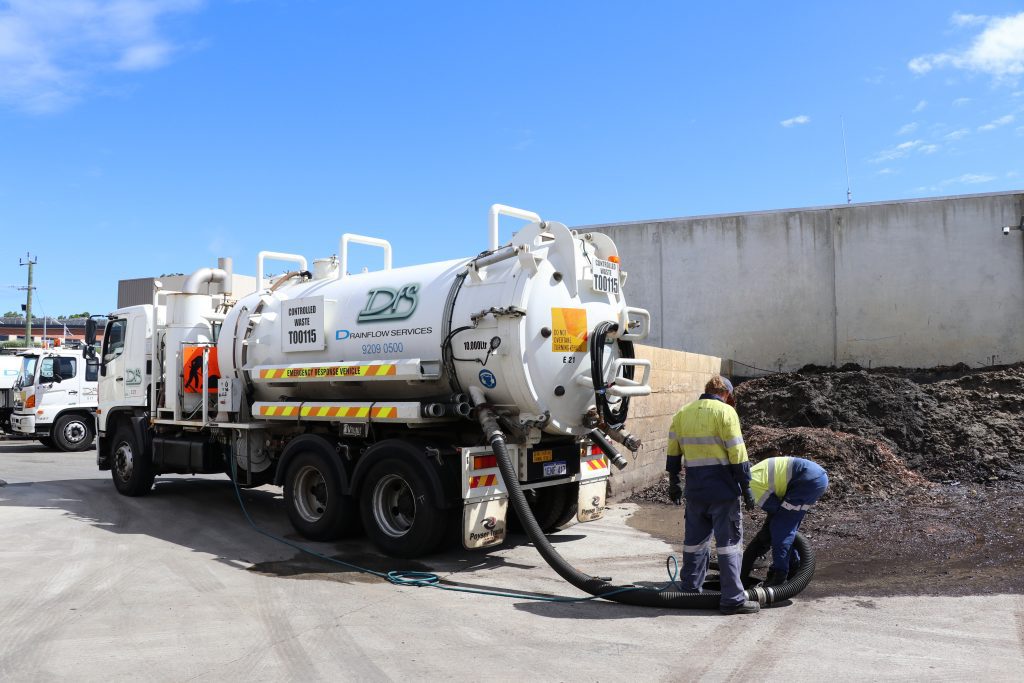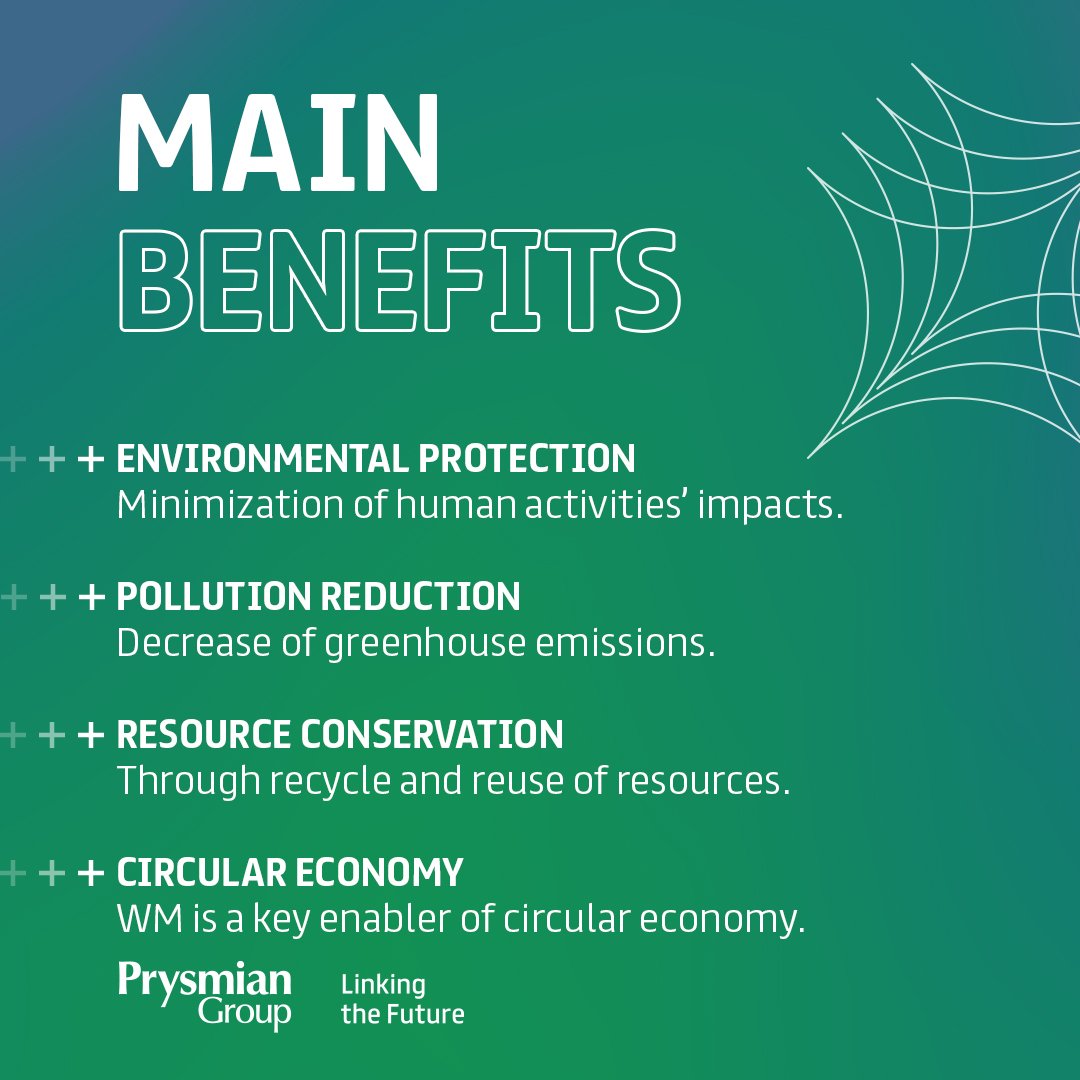Rumored Buzz on Reclaim Waste
Rumored Buzz on Reclaim Waste
Blog Article
Indicators on Reclaim Waste You Need To Know
Table of ContentsA Biased View of Reclaim WasteNot known Details About Reclaim Waste The 30-Second Trick For Reclaim WasteReclaim Waste Things To Know Before You Get ThisHow Reclaim Waste can Save You Time, Stress, and Money.
Check out the kinds, incidents, and kinds of fluid waste. Domestic sewage waste describes the waste and items from a property sewage-disposal tank. This kind of waste is produced by human beings in residences, institutions, and various other buildings. This only consists of septic systems that have a drainpipe field. The proper monitoring and disposal of domestic sewage waste require liquid waste to be moved to a sewage therapy plant where the appropriate techniques and tools are put on purify and deal with waste.
Industrial waste often consists of potential dangers, such as combustible products or a mix of liquid and strong waste products, and needs an advanced and thorough disposal process. The disposal of industrial waste commonly entails the filtering of waste before transportation to make sure risk-free and appropriate disposal. Industrial waste is created from by-products and drainage of industrial processes and production.
This kind of waste can not make use of the same sewage management transportation or processes as septic or commercial liquids. The industrial waste monitoring procedure calls for the inspection and testing of liquid waste prior to it undertakes the disposal procedure (liquid waste removal). Drainage waste is the fluid waste that originates from runoff and excess stormwater in highly populated areas or cities
Overflow waste can trigger contamination and flooding if not managed properly. Discover more concerning sewage system cleansing and waste monitoring. Guaranteeing appropriate waste administration can prevent calamities and lower ecological damage. Both individuals in domestic settings and professionals in business or production markets can profit from comprehending the procedures and laws of fluid waste administration.
A Biased View of Reclaim Waste
Contact PROS Solutions today to discover our waste administration and disposal services and the appropriate ways to look after the liquid waste you create.
(https://soundcloud.com/reclaimwaste1)Do you know what takes place to your water when you end, purge the bathroom or drain the washing device? No? Well, it deserves understanding. This so-called 'wastewater' is not only an essential source however, after treatment, will certainly be released to our land, rivers or the sea. Used water from bathrooms, showers, baths, kitchen sinks, laundries and commercial processes is referred to as wastewater.

water made use of to cool equipment or clean plant and tools). Stormwater, a type of wastewater, is drainage that streams from agricultural and city areas such as roof coverings, parks, gardens, roads, courses and rain gutters right into stormwater drains, after rainfall. Stormwater flows untreated straight to local creeks or rivers, ultimately getting to the ocean.
Reclaim Waste for Dummies
In Queensland, many wastewater is dealt with at sewer therapy plants. Wastewater is delivered from domestic or industrial sites through a system of sewers and pump stations, called sewerage reticulation, to a sewage treatment plant. City governments build, preserve and operate most sewage therapy plants. Operators are licensed under the Environmental Security Act 1994 to discharge cured wastewater at an appropriate ecological criterion right into rivers.
The Division of Natural Resources suggests neighborhood federal governments concerning managing, operating and maintaining sewage systems and treatment plants. In unsewered areas, city governments may need householders to install private or family sewage therapy systems to deal with domestic wastewater from toilets, cooking areas, bathrooms and washings. The Department of Natural Resources authorises the use of household systems when they are shown to be effective.
In some brand-new neighborhoods, therapy of some stormwater to eliminate clutter, sand and gravel has actually begun making use of gross toxin traps. Wastewater therapy happens in four phases: Removes solid matter.
Wastewater after have a peek here that streams right into large tanks where solids resolve and are removed as sludge. Oil and scum are skimmed from the surface area. Makes use of small living microorganisms referred to as micro-organisms to break down and get rid of remaining liquified wastes and great bits. Micro-organisms and wastes are included in the sludge. Removes nitrogen and phosphorus nutrients that might create algal flowers in our waterways and endanger aquatic life.
Reclaim Waste Things To Know Before You Get This
Nutrient removal is not readily available at all sewer therapy plants because it requires pricey specialized tools. Clear fluid effluent generated after therapy might still have disease-causing micro-organisms - liquid waste disposal melbourne.

Many wastewater flows right into the sewerage system. Under the Act, local federal governments administer authorizations and licences for eco appropriate tasks (ERAs) entailing wastewater releases that may have a local influence.
The 6-Minute Rule for Reclaim Waste
Tracking supplies valid information regarding water high quality and can validate that permit conditions are being met. The information obtained with surveillance gives the basis for making water top quality decisions.
Report this page